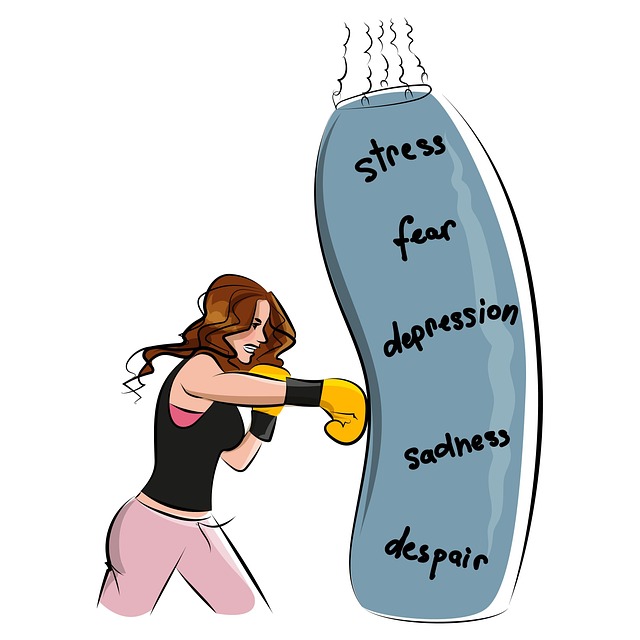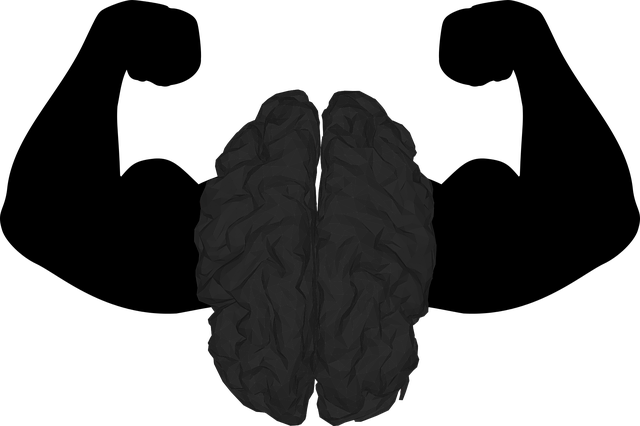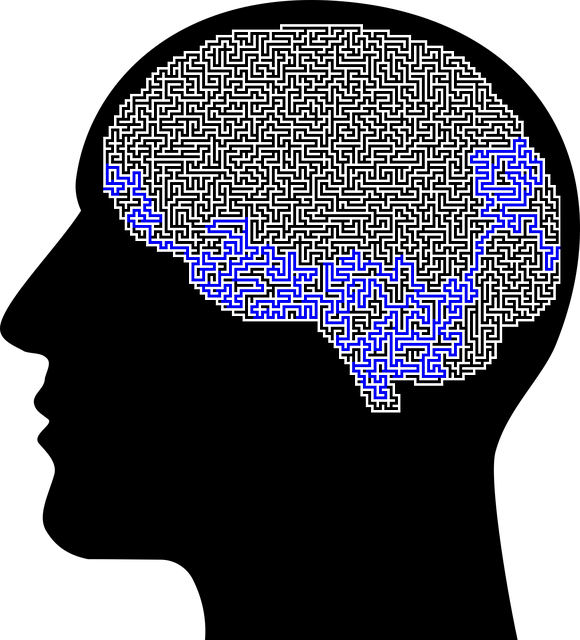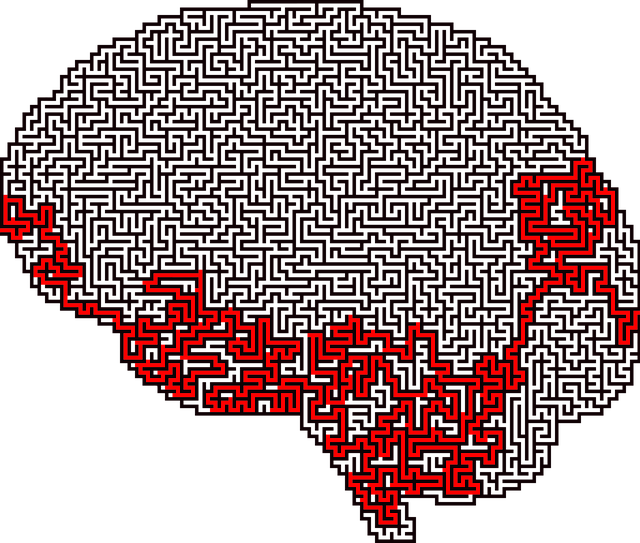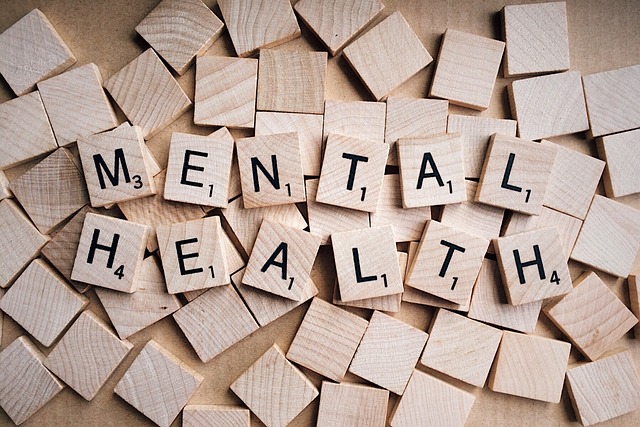Adolescence brings unique mental health challenges, including anxiety, depression, and stress exacerbated by modern factors like screen time. Effective support includes tailored therapy, such as grief counseling, which helps teens process losses and build emotional resilience. Mindfulness, social skills training, and self-awareness exercises empower adolescents to navigate life's difficulties. Access to grief counseling for teens is vital, offering safe spaces for expression, improving mental wellness, and reducing stigma within communities. Early intervention through risk assessment and encouraging self-care practices further strengthen teen mental health.
Mental wellness promotion among adolescent teens is an increasingly vital topic, given the surge in mental health challenges they face. This comprehensive guide delves into the intricate landscape of teen mental health, exploring common risks and challenges. From understanding the nuances of adolescent psychology to examining the transformative power of therapy and grief counseling, we offer practical strategies for healing. Additionally, we highlight the importance of self-care practices and fostering supportive communities in empowering teens to navigate life’s complexities.
- Understanding Adolescent Mental Health: Uncovering Common Challenges and Risks
- The Role of Therapy in Supporting Teens: Effective Strategies for Healing
- Grief Counseling for Teens: Navigating Loss and Cultivating Resilience
- Empowering Adolescents: Self-Care Practices and Building a Supportive Community
Understanding Adolescent Mental Health: Uncovering Common Challenges and Risks

Understanding adolescent mental health involves recognizing that this period is marked by significant changes and challenges. Teens navigate a complex web of academic pressures, social dynamics, identity formation, and emotional maturity, which can contribute to various mental health issues. Common challenges include anxiety, depression, stress, and even thoughts of self-harm. These problems are often exacerbated by the unique stressors of modern life, such as excessive screen time, social media pressures, and academic demands.
One effective approach for addressing these concerns is therapy tailored for adolescent teens. Grief counseling, in particular, can help young individuals process and cope with losses, whether they be related to personal struggles, family dynamics, or societal changes. Additionally, building empathy within support systems can foster a sense of belonging and reduce feelings of isolation. Moreover, promoting burnout prevention strategies, such as mindfulness practices and balanced routines, is crucial for maintaining mental wellness during these formative years.
The Role of Therapy in Supporting Teens: Effective Strategies for Healing

For teens navigating life’s challenges, therapy can be a powerful tool for healing and growth. Specifically, grief counseling tailored to adolescent needs plays a crucial role in supporting mental wellness. Many teens struggle with complex emotions after losing a loved one, and specialized therapy provides a safe space to express these feelings. Through effective strategies like narrative therapy or mindfulness exercises, counselors help teens make sense of their grief, develop coping mechanisms, and enhance their ability to navigate difficult emotions.
Incorporating social skills training alongside traditional therapy can further benefit adolescent clients. By learning effective communication techniques and building positive relationships, teens gain confidence in social settings. Self-awareness exercises, such as journaling or guided meditations, also contribute to their emotional intelligence, enabling them to recognize and manage their moods more effectively. These integrated approaches empower teens with the tools needed to thrive both emotionally and socially.
Grief Counseling for Teens: Navigating Loss and Cultivating Resilience

Grief counseling specifically tailored for adolescent teens is a vital component in mental wellness promotion, offering much-needed support during periods of profound loss. Teens often struggle with complex emotions and may face challenges in processing grief, making it crucial to have specialized therapy options available. This form of counseling provides a safe space for them to express their feelings, whether it’s anger, sadness, or confusion, fostering an environment that encourages resilience and emotional healing.
Through effective grief counseling, adolescent teens can learn healthy coping mechanisms and develop strategies to navigate life’s challenges. Mental health policy analysis and advocacy play a significant role in ensuring access to such services, as well as reducing the stigma associated with mental illness. The production of engaging mental wellness podcast series can also educate teens and their support systems about grief, encouraging open conversations and fostering a culture of care.
Empowering Adolescents: Self-Care Practices and Building a Supportive Community

Empowering adolescents to take charge of their mental wellness is a key strategy in fostering a supportive and nurturing environment. Self-care practices are an essential tool for teens, teaching them to manage stress, process emotions, and maintain a healthy mind. This includes simple yet effective techniques like mindfulness meditation, regular exercise, maintaining a journal, or engaging in hobbies they love. By integrating these practices into their daily routines, adolescents can build resilience and improve their overall well-being.
A supportive community plays a pivotal role in mental health promotion for teens. Encouraging open conversations about emotions and mental health issues within the family, school, and peer groups can significantly reduce stigma. Access to therapy for adolescent teens, including grief counseling, provides a safe space for them to express themselves and receive professional guidance. Moreover, risk assessment tools designed for mental health professionals can help identify vulnerable adolescents, ensuring early intervention and support, which is crucial in building resilience against potential mental health challenges.
Mental wellness is a cornerstone of healthy adolescent development, and by understanding the common challenges and risks, we can empower teens to navigate their emotional journeys effectively. Integrating therapy and grief counseling into support systems offers valuable tools for healing and resilience. Additionally, fostering self-care practices and supportive communities enables adolescents to thrive, ensuring they have the resources needed to confront and overcome life’s obstacles. Through these comprehensive strategies, we can promote mental wellness and foster resilient young adults.

